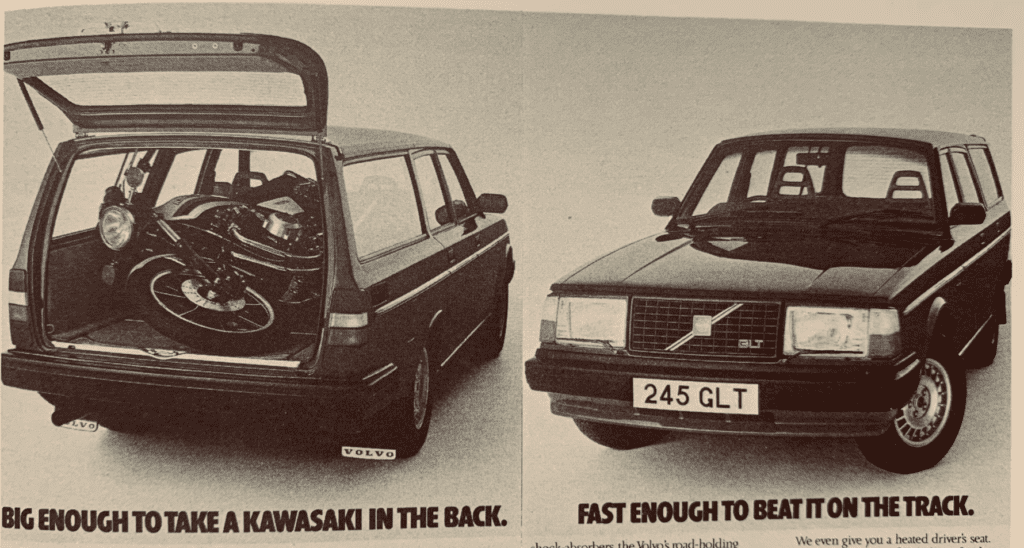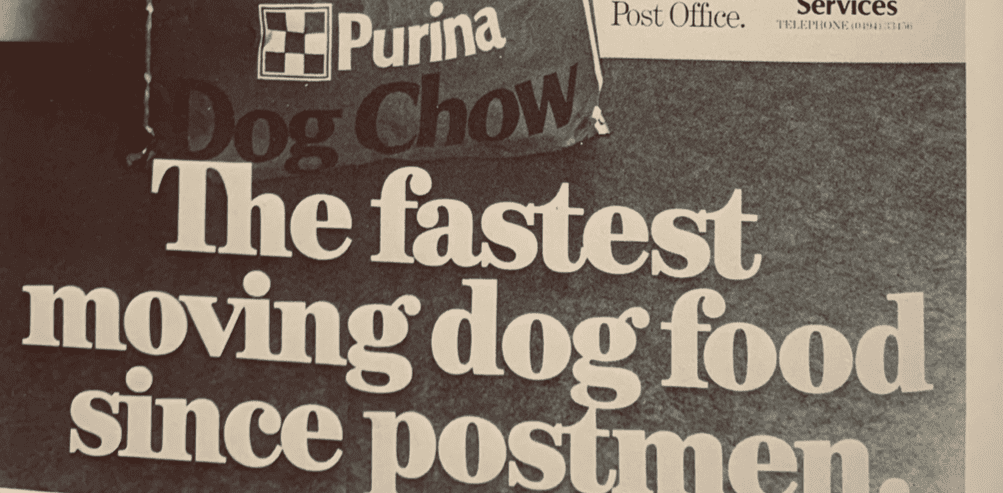The100: Better arguments, positive uncertainty and Kawasakis
When disagreement floods the brain
I like a good argument – shocker, I know. Though for many, arguing is more uncomfortable than a wet pair of socks. Thankfully, according to Ian Lesie, we can learn to be more at ease with them (arguments, not wet socks).
But there’s more to disagreeing than just disagreeing. We need to disagree well:
We should be thinking about how they can change their mind and look good […] If and when they do, we should avoid scolding them for not agreeing with us all along […] Instead, we should remember that they have achieved something we have not: a change of mind.
The great unbundling
The Tech Trends Tsar, Ten Tevans (It’s actually Ben Evans, but I was enjoying the alliteration) is back with a deck on all that’s noteworthy in tech. He looks at the pandemic, obviously, but also tech’s continuing impact on retail, brands, TV and advertising.
Better still if you have the time here’s the 35 minute recording of Ben presenting the slides (07:59 – 43:32).
t + n + r = ur
Phil Adams’ planning handbook and his definition of what an insight actually is:
truth + novelty + relevance = usable revelation
Icing, now meet cake: it’s from writer of algorithms and breaker of brains, John Turkey (h/t Nick Brown):
The data may not contain the answer. The combination of some data and an aching desire for an answer does not ensure that a reasonable answer can be extracted from a given body of data.
Welcome to the Watch Me Think creds deck, Mr Turkey. Help yourself to a sherry.
Positive uncertainty
Amelia Torode has penned a brilliant article on embracing what-cannot-be-predicted as a creative force. Clue: engage your inner jazz musician. Otherwise, uncertainty can cause us to make erratic decisions:
Academics at the California Institute of Technology imaged subjects’ brains as they were forced to make increasingly uncertain bets in an experiment that used gambling as a proxy for business decisions. The less information the subjects had to go on, the more irrational and erratic their betting decisions became.
Anyone else love the luscious sound of the word ‘hippocampus’? Just me?
A Kawasaki in the back
There are so many I wish I wrote that moments in this collection of 25 print ads from 1982. Superb.

An empathetic response doesn’t begin with “at least”
So, for our grand finale, I leave you with 2 facts.
- There’s a difference between empathy and sympathy (an important 3m watch)
- Sharks are older than trees. Life changing, I know.


Comments
Comments are disabled for this post